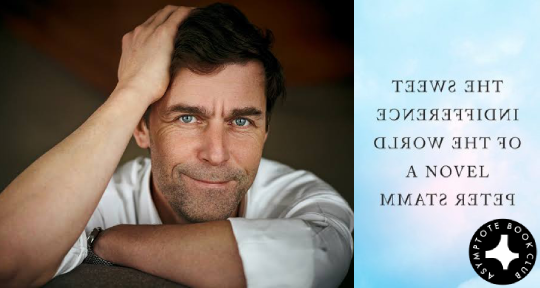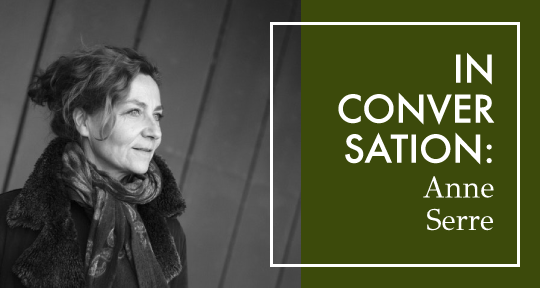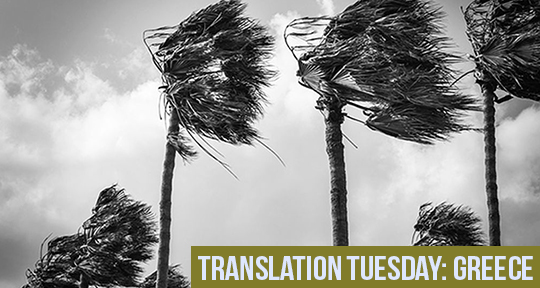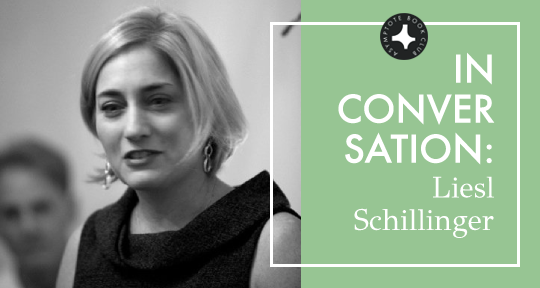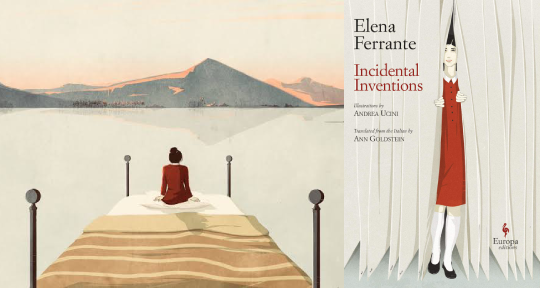For this week’s Translation Tuesday, the prolific Albanian writer, Ardian Vehbiu, mixes the language of bodily intimacy with the language of the state and bureaucratic maintenance. A dry metaphor takes root, illuminating not only the persistence of pastiche but also the tendency of humans to analyze and rearrange thoughts. This tendency, what some may call the poetic or political, exists in some way at every level of human work. With humour, Vehbiu manages to, in the space of a small speech, cast light on material circumstances, personal history, and the idiosyncratic phenomena that rises from circumstance.
“There will be those, among you,” Mr. Shyti said, “who still remember the time when one could not find any toilet paper in Albania: the State of Workers and Peasants, which thought of everything, did not consider it necessary to provide for this indispensable item for the daily wellbeing of its citizens, not because it was its intention to abandon them in their efforts for keeping their private parts clean, but because it was, perhaps, rather confident that the Albanians had such adequate tradition that they would not find it difficult to overcome such a trifle. I, for a start,” Mr. Shyti continued, “did use polished river stones or, indeed, fig leaves for personal hygiene purposes; however, the truth is that, leaving aside a significant—and still unknown—number of compatriots that humbly used jugs of water to wash themselves, the Albanians of the time used the daily newspaper as toilet paper. I do remember, as a matter of fact,” he recalled, “my late Uncle Neptun, who developed a habit of saving his newspaper copies, which, later, when they were past their relevance, he would cut into equally small pieces, with the precision of a surveyor or metalworker, using his wife’s fearful sewing scissors. He used to do this on Sunday afternoons, while listening to live football coverage on his battery-powered transistor. The result of his work was a handsome pile of regular square sheets, fixed on the wall with a monstrous nail right next to the Turkish toilet; it resembled those desk calendars with individual date sheets, on the back of which one can read a quote by Marx or some curiosity from Mars. And, so, like many other guests at Uncle Neptun’s,” he went on to explain, “I, too, would happen to squat on his toilet, waiting for ‘relief,’ while perusing pieces of field news, recommended phrases, headlines as large as tank tracks, fear-instilling political invectives, accusations and counter-accusations against the superpowers and Eurocommunism, letters from common citizens and public epistles; or watching photographic fragments of leaders, terraced hills, military naval ships, milky cows, and front-runner textile workers, always out of context and randomly remixed as if in a Dadaist work of art, thanks to poor Neptun’s magician folding and precise scissors, may his soul rest in peace! Thus, a toilet was transformed into a recycler not only of the Albanians’ metabolic waste and periodical paper, but also of news and information disseminated by those newspapers, even the ideology of the times, albeit always in the form of collage, or in stark combinations. To those of you who are young and have no recollections of such times,” concluded Mr. Shyti, “I will limit myself to saying that reading slightly outdated newspapers in such minimalistic and fragmented pieces resembles, more than one would think nowadays, a news aggregator or portal, including Facebook, which people now think of as something new.” READ MORE…


